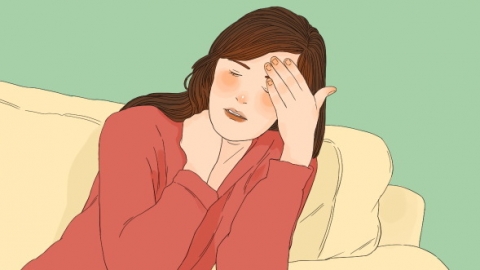Is hypnagogic hallucination related to physiological hypotension?
Generally, whether hypnagogic auditory hallucinations before sleep are related to physiological hypotension depends on the specific circumstances. When physiological hypotension does not cause obvious discomfort, it is usually unrelated to pre-sleep hallucinations. However, if physiological hypotension is accompanied by symptoms of insufficient cerebral blood supply, it may indirectly trigger auditory hallucinations before sleep, which warrants attention. Detailed analysis is as follows:

If physiological hypotension does not lead to symptoms such as dizziness, fatigue, or blurred vision, and the body’s blood supply adequately meets the brain's needs, hypnagogic hallucinations are more likely associated with mental stress or sleep conditions rather than having a direct link to physiological hypotension. In such cases, adjusting sleep schedules and relaxing the mind may help alleviate the hallucinations.
When physiological hypotension causes inadequate cerebral perfusion, leading to symptoms like dizziness and difficulty concentrating, it may affect the stability of the nervous system and indirectly increase the likelihood of experiencing hallucinations before sleep. In these instances, it is important to first address the discomfort caused by low blood pressure and observe whether the hallucinations subsequently improve.
To minimize the impact of both hypnagogic hallucinations and physiological hypotension, maintain regular meals, avoid prolonged fasting, and rise slowly to prevent postural blood pressure fluctuations. Additionally, avoid excessive fatigue, reduce the use of electronic devices before bedtime, and create a quiet sleeping environment to promote stable physical condition and improved sleep quality.




